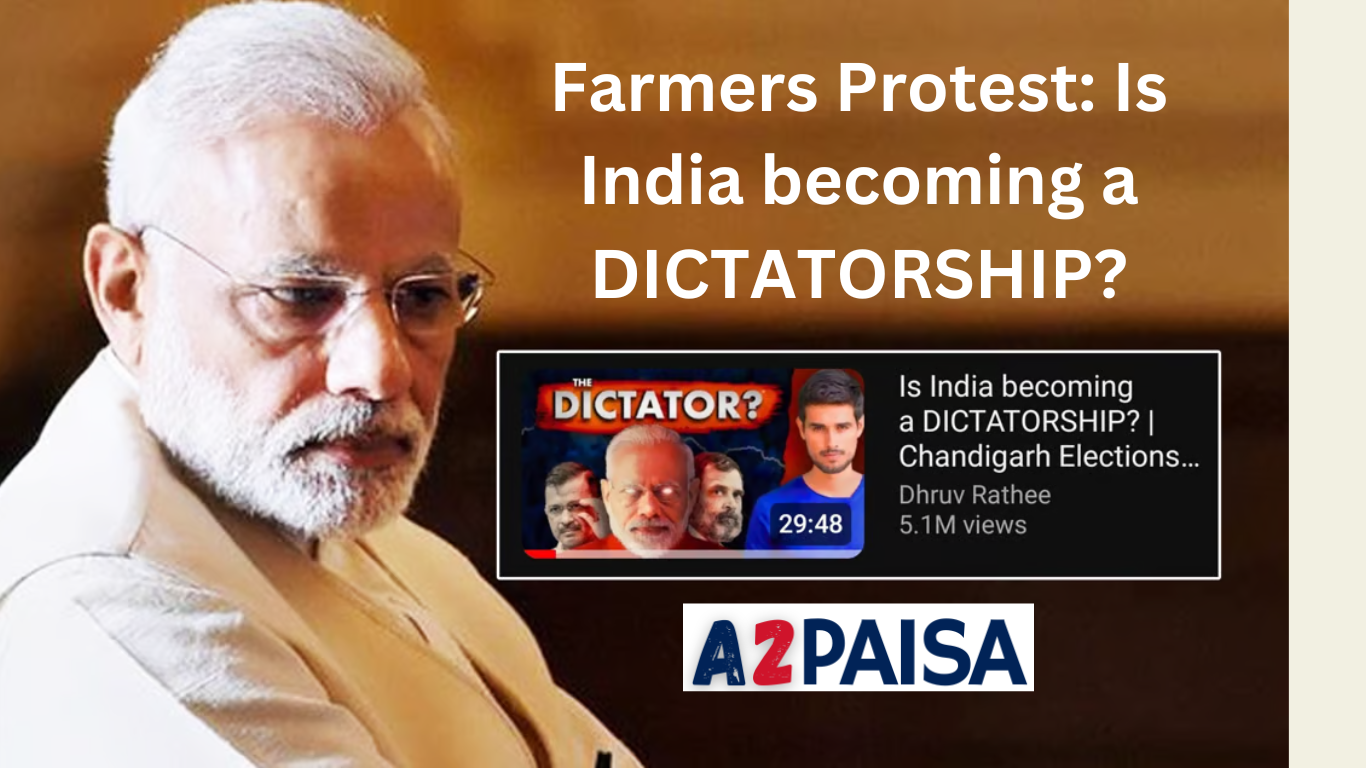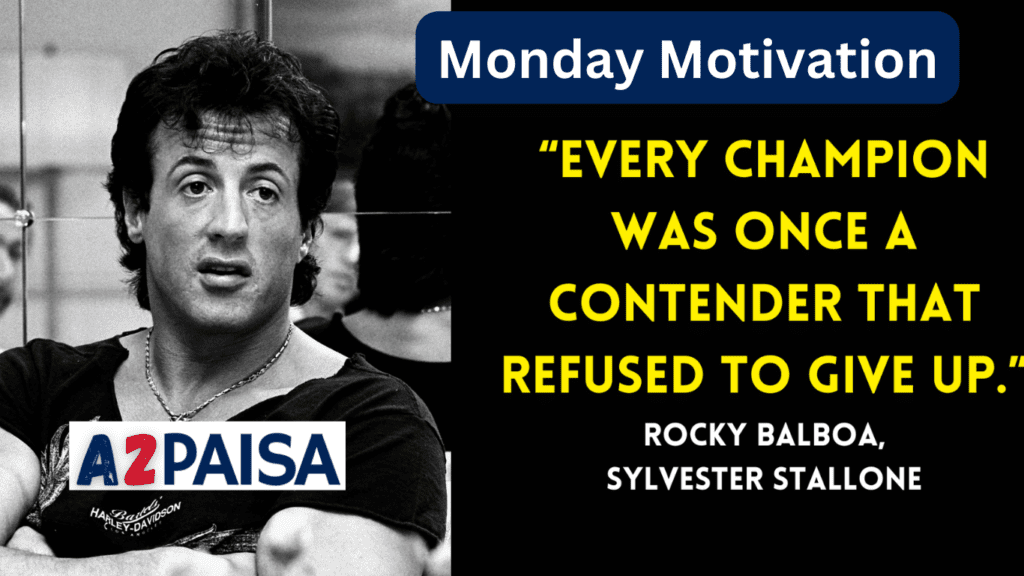Farmers Protest: we delve into the evolving landscape of Indian democracy, analyzing recent events such as the Chandigarh Municipal Corporation elections, the ongoing Farmers’ Protest, and the broader political environment. By examining these critical developments, we aim to shed light on the complex interplay between governance, electoral processes, and civil liberties in contemporary India.

Democracy at Stake: Farmers Protest
In the backdrop of recent events, the very essence of democracy in India stands at a critical juncture. The pillars that uphold the democratic framework seem to be crumbling under the weight of political agendas and power struggles. The foundational principles of equality, justice, and liberty are being questioned as the nation witnesses a series of concerning developments.
Uncovering the Reality: Farmers Protest
Delving into the current state of affairs reveals a landscape marred by various challenges to democracy. From electoral malpractices to the erosion of institutional autonomy, each facet paints a grim picture of the democratic fabric of the nation.
1. The Chandigarh Elections Debacle: Farmers Protest
The recent controversy surrounding the Chandigarh elections serves as a glaring example of the electoral process being tainted by corruption and manipulation. Reports of voter suppression, ballot tampering, and irregularities have cast a shadow over the integrity of the electoral system.
2. Electoral Fraud and Manipulation: Farmers Protest
Instances of electoral fraud and manipulation have become alarmingly common, undermining the credibility of democratic institutions. From the misuse of state resources to influence voters to the rampant distribution of cash and gifts, the electoral process is increasingly being hijacked by vested interests.
3. Politicization of Investigative Agencies
The politicization of investigative agencies poses a severe threat to the rule of law and undermines the principles of impartiality and justice. Selective targeting of political opponents and dissenting voices has raised serious concerns about the independence and integrity of law enforcement agencies.
4. Intrusion in State Governance: Farmers Protest
The centralization of power and the encroachment on the autonomy of state governments pose a significant challenge to federalism and democratic principles. Attempts to undermine the authority of democratically elected state leaders not only weaken the federal structure but also erode the democratic ideals of accountability and decentralization.
5. Suppressing the Right to Protest: Farmers Protest
The crackdown on peaceful protests and dissenting voices stifles the fundamental right to freedom of expression and assembly. The use of excessive force, arbitrary arrests, and draconian laws to quell dissent not only infringes upon basic human rights but also undermines the essence of democracy.
6. The Menace of Electoral Bonds: Farmers Protest
The introduction of electoral bonds has further exacerbated concerns about transparency and accountability in political funding. The opacity surrounding the identity of donors and the lack of disclosure requirements undermine the principles of fair and free elections, allowing for undue influence and corruption to flourish.
7. The Saga of Opposition Intimidation: Farmers Protest
Instances of intimidation, harassment, and persecution of opposition leaders and activists have become distressingly common. The use of state machinery to target political opponents undermines the spirit of democracy and fosters a culture of fear and repression.
8. Media Manipulation: The Fourth Pillar Under Siege
The manipulation and control of media outlets undermine the role of the press as the fourth estate and the guardian of democracy. The proliferation of misinformation, propaganda, and biased reporting erodes public trust in democratic institutions and fosters a climate of polarization and division.
9. Democracy vs. Majoritarianism: A Fine Line
The delicate balance between democracy and majoritarianism is being increasingly tested, with the rights and freedoms of minority communities under threat. The rise of identity politics and the marginalization of dissenting voices pose a fundamental challenge to the inclusive and pluralistic ethos of democracy.
10. Upholding Democratic Values: The Way Forward
Despite the myriad challenges, there remains hope for the restoration and preservation of democratic values. Strengthening institutions, safeguarding fundamental rights, promoting transparency and accountability, and fostering civic engagement are essential steps in upholding the ideals of democracy.
Unveiling the Realities: A Deeper Look at Indian Democracy: Farmers Protest
At the outset, it’s crucial to confront a pressing question: Is democracy truly thriving in India, or are we witnessing a gradual erosion of democratic principles? While the electoral process remains intact, recent occurrences suggest deeper underlying challenges that demand our attention and introspection.
Chandigarh Elections: A Microcosm of Electoral Integrity
The Chandigarh Mayor elections serve as a microcosm reflecting broader concerns about the integrity of electoral processes. Despite the democratic facade, instances of electoral malpractice, such as the invalidation of votes captured on CCTV, raise serious doubts about the fairness and transparency of elections.
Farmers’ Protest: Amplifying Voices, Suppressing Dissent: Farmers Protest
The Farmers’ Protest, a grassroots movement challenging agricultural reforms, underscores the tension between citizen dissent and state authority. The government’s heavy-handed response, characterized by barricades, tear gas, and alleged violence, raises troubling questions about the right to protest and freedom of expression.
Political Maneuvering and Institutional Integrity
Beyond electoral irregularities and protest crackdowns, concerns persist regarding the independence and impartiality of key institutions. Instances of political interference, partisan appointments, and alleged misuse of investigative agencies underscore the delicate balance between executive power and institutional autonomy.
Media Landscape: Echo Chambers or Pillars of Democracy?
An impartial and vibrant media ecosystem is essential for democratic discourse and accountability. However, recent trends indicate a worrying shift towards media capture, where dissenting voices are silenced, and state narratives dominate the public discourse, undermining the principles of press freedom and democratic pluralism.
Democracy vs. Majoritarianism: Navigating the Thin Line
The distinction between democracy and majoritarianism is often blurred, as evidenced by policies and decisions that prioritize majority preferences over minority rights. While democratic governance entails protecting the rights of all citizens, majoritarian impulses risk marginalizing dissenting voices and eroding the foundations of inclusive governance.
Towards a Renewed Democratic Discourse
In conclusion, the road ahead demands a renewed commitment to democratic values, institutional integrity, and civic engagement. Upholding the principles of liberty, equality, and justice, as enshrined in the Constitution, requires collective vigilance and active participation from all stakeholders. Only through a robust democratic discourse can India navigate its complex challenges and realize its full potential as a vibrant democracy.
Conclusion: Farmers Protest
The preservation of democracy is not merely a political imperative but a moral obligation. It requires collective action and unwavering commitment from all stakeholders – citizens, civil society, political leaders, and institutions – to defend the democratic ethos and ensure a future where freedom, justice, and equality prevail. Only through sustained efforts and vigilant guardianship can we secure the blessings of democracy for generations to come.




